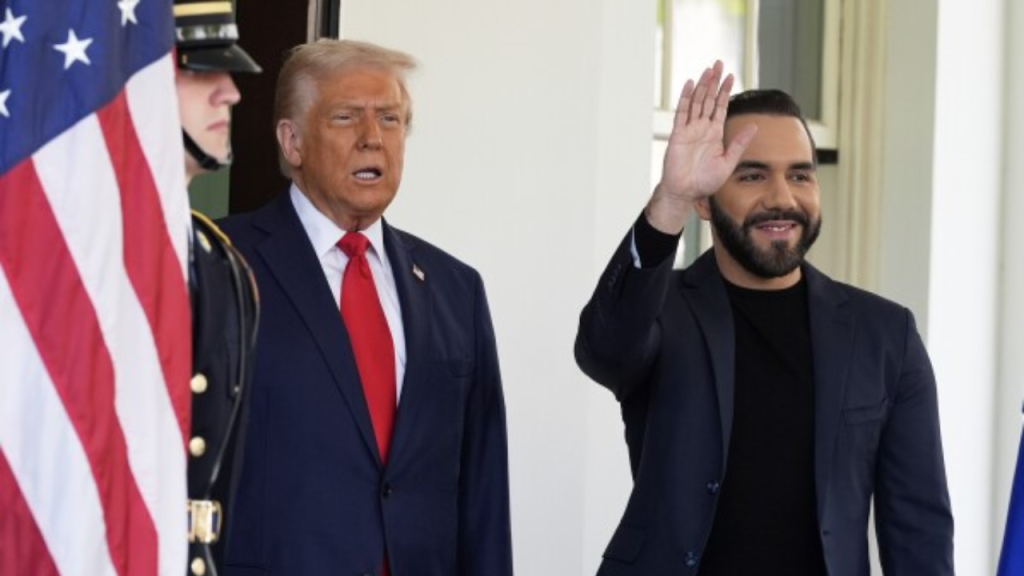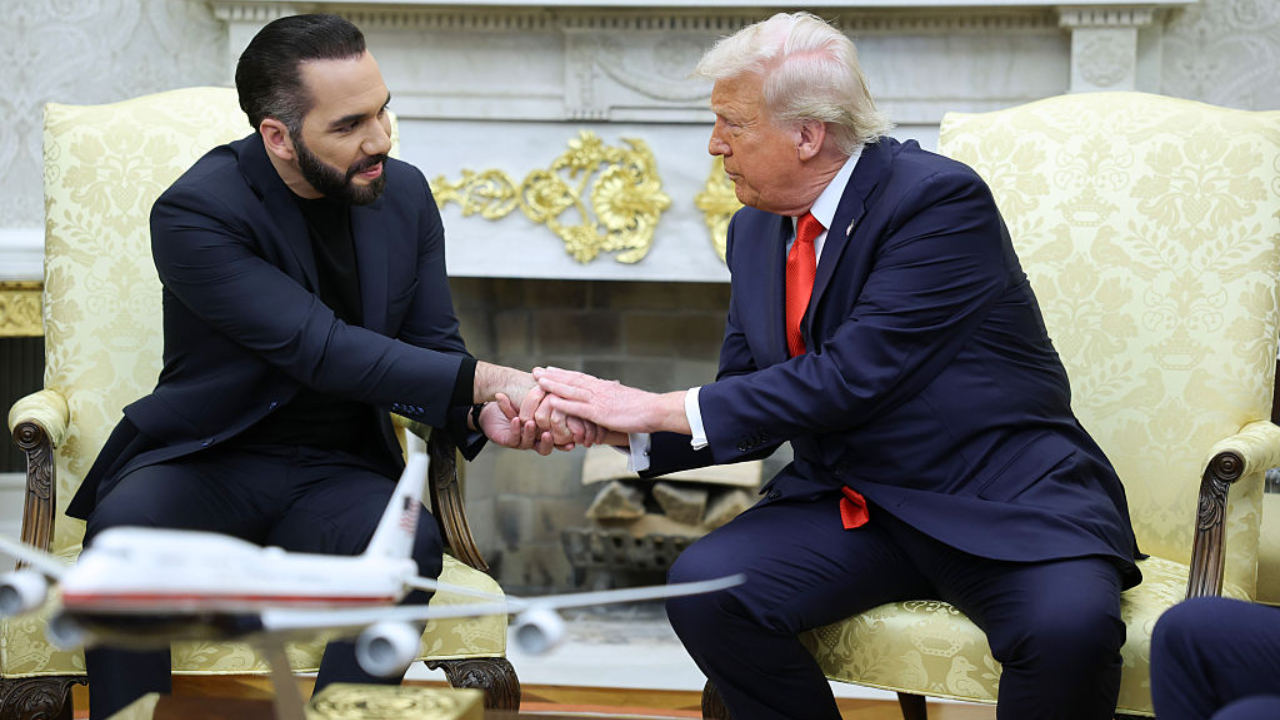Nayib Bukele, the current president of El Salvador, has become one of the most talked-about and controversial leaders in Latin America. Once seen as a youthful reformer and a break from traditional politics, Bukele’s rise to power has taken a sharp turn into authoritarianism. His close relationship with former U.S. President Donald Trump has also drawn attention, highlighting a complex and strategic alliance with far-reaching consequences.
A Promising Start in Salvadoran Politics
Bukele entered the political scene as a fresh face. He positioned himself as a progressive leader promising to tackle El Salvador’s long-standing problems such as corruption, crime, and economic stagnation. In 2019, at just 37 years old, he won the presidency with overwhelming popular support, promising to restore security and improve the lives of Salvadorans.
His early policies, especially his tough stance on gang violence, won praise domestically and from some international observers. However, beneath this promising start, Bukele was building a political style that would alarm many democracy advocates.

The Trump-Bukele Connection
One of the more striking elements of Bukele’s rise is his open admiration and close alignment with Donald Trump. The two leaders developed a public relationship, with Trump once referring to Bukele as having the “best relationship” with the “coolest dictator in the world.” Their partnership focused on shared priorities, such as strict immigration policies and a hardline approach toward gangs.
In 2021, the U.S. government entered into a $6 million agreement to deport suspected gang members back to El Salvador, a deal Bukele welcomed as part of his crackdown on crime. This cooperation reflects a convergence of interests — the U.S. seeking to curb migration flows and Bukele aiming to reduce gang violence.
More information on U.S. policies related to immigration and international cooperation can be found at the official U.S. Department of Homeland Security website.
Erosion of Democratic Norms
Despite early optimism, Bukele’s governance quickly shifted towards consolidating power and weakening democratic institutions. Critics accuse him of undermining El Salvador’s democracy by limiting press freedom, attacking the judiciary, and sidelining political opposition.
One controversial move was Bukele’s support for the removal of Supreme Court judges who opposed his policies, replaced by loyalists who back his agenda. This action raised alarms internationally, seen as a blow to the checks and balances fundamental to democracy.
Bukele’s administration also introduced a Foreign Agents Law that imposes heavy taxes on NGOs and media outlets receiving foreign funds, effectively squeezing independent voices. Human rights groups warn that such laws threaten civil liberties and silence dissent.
Questionable Crime Reduction Strategies
Bukele has taken credit for reducing crime rates, especially homicides, through his aggressive security policies. However, there are troubling reports that his government has secretly negotiated with gangs, casting doubt on the legitimacy of the crime drop.
Furthermore, Bukele’s administration has established large “mega-prisons” to detain thousands of alleged gang members under harsh conditions. Human rights organizations have criticized these prisons, highlighting concerns about due process and overcrowding.
The Salvadoran government’s approach to justice and security is closely monitored by international bodies.
International Concern and Regional Impact
Bukele’s authoritarian tendencies have drawn sharp criticism from global organizations and neighboring countries. Many fear his policies might set a dangerous precedent in the region by encouraging other leaders to weaken democratic institutions under the guise of security.
The international community has expressed concern over press freedom violations, judicial interference, and limits on civil society in El Salvador. These trends raise questions about the future political stability and human rights conditions in the country.
The Populist Leader’s Future
As Bukele prepares for re-election campaigns, his style of governance continues to polarize Salvadorans. Supporters praise his strong leadership and security successes, while opponents warn of growing authoritarianism and democratic backsliding.
His alliance with Donald Trump remains a defining aspect of his political identity, symbolizing a broader global trend of populist leaders challenging traditional democratic norms.


